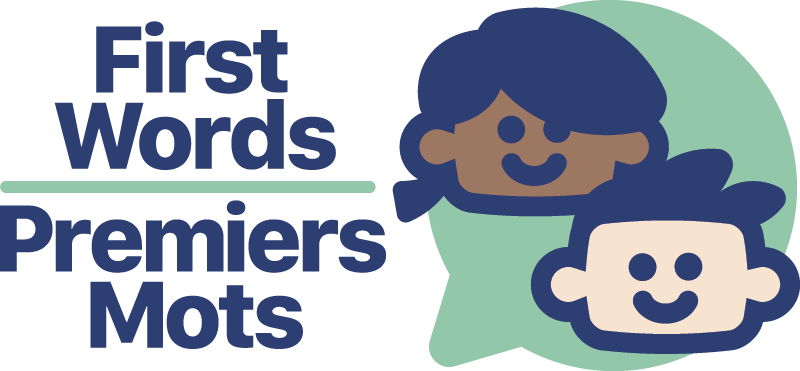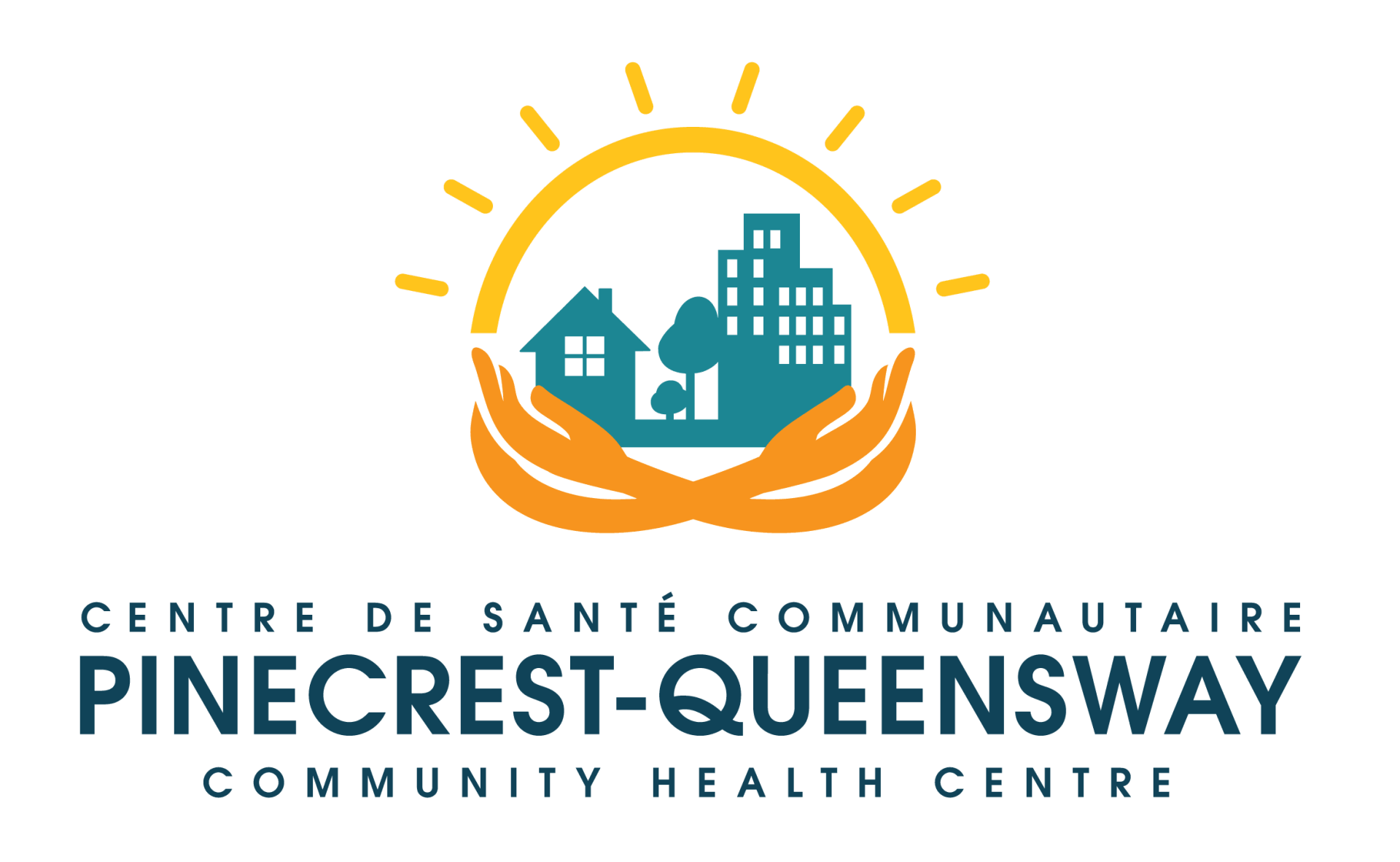How to Help a Child Who Stutters
How To Help a Child Who Stutters
IS STUTTERING NORMAL?
When children learn to talk, they go through a “normal” phase of repeating words and sounds; also called “dysfluency”. This phase happens between the ages of 2 and 5 years and can last a few days, weeks, or even up to 6 months. However, some children may not outgrow this phase and may have a true stuttering problem. If it lasts 6 months or is getting worse, get help.
DID YOU KNOW?
- about 5% of children stutter
- more boys stutter than girls
- stuttering runs in families and is not due to anxiety
- stuttering may be worse when a child is tired, sick or excited
- most children respond well to therapy
HERE ARE SOME TIPS THAT CAN HELP YOUR CHILD
- Focus on WHAT your child says instead of HOW he says it.
- Listen patiently. Give your child a chance to talk freely and to finish his own thoughts.
- Don't say “slow down” or “relax” to your child as this may cause more anxiety.
- Speak slowly and at your child’s language level.
- When talking or telling a story, wait up to 10 seconds to give your child a chance to talk. This shows your child that there is no rush.
- To keep the conversation going, use comments (e.g.“It sounds like you really liked going to the farm.) or simple questions (e.g. “Did you like going to the farm?”). Open-ended or complex questions can trigger more hesitations (e.g. avoid questions like “What did you like about going to the farm?").
- Help children take turns - this is important when siblings compete for talk time.
- Make talking a pleasant experience for your child. Spend time every day playing games, talking about pictures or telling stories. Turn off the radio and television so that your child doesn't have to deal with other distractions.
- Remember: easy casual hesitations (I, I, I go to grandmas…) are normal for a young child and should not be called "stuttering".
If you are concerned about your child’s ability to learn his first language, get help.
- Call Ottawa Public Health at 613-580-6744 or 613-PARENTS
- Complete our Communication Checkup!






